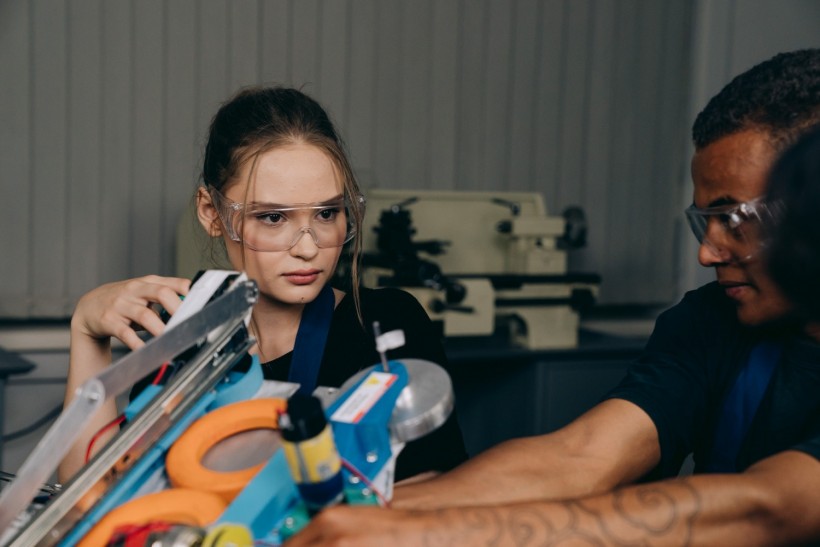

If you're considering pursuing an applied science degree, it's important to know exactly what this route entails.
Rather than make an uninformed choice, stick with us as we clarify this concept, highlight distinguishing factors that stand it apart from traditional degrees, provide tips on selecting programs, go over skills you need to develop for success, and touch on careers you can get into with an applied science degree.
So what exactly is an applied science degree? Simply put, it's a course of study that emphasizes practical application as opposed to theoretical knowledge.
Typically, this type of degree prepares students for specific careers by offering targeted training and hands-on experience in fields like engineering, healthcare, and computer technology. Courses are usually designed to unpick industry trends and requirements.
The primary difference between a traditional degree and an applied science degree lies in their approach to teaching.
Traditional degrees often focus on broad, theoretical foundations of a subject, such as literature analysis in English or fundamental theories in Physics, for example.
On the other hand, applied science degrees are geared towards specific skills related to particular occupations. With this goal-oriented approach aimed at direct professional application, students learn how to use existing theories practically within real-world contexts and jobs.
Searching for the right applied science degree program can seem daunting, especially due to the wealth of options available. For instance, online applied science degree programs have become particularly appealing due to their flexibility and convenience.
Before making a decision, consider factors such as your career goals, curriculum relevance, faculty expertise, accreditation status of the institution, and opportunities for practical experience or internships.
Also, reach out to professionals in your chosen field, or to current students enrolled in these online programs, to gain first-hand insights before committing.
While academics are critical in any applied science degree program, it's equally important to develop certain soft and hard skills:
These aren't just learned attributes but rather skillsets nurtured over time through consistent practice, so don't expect to master them all at once, or worry too much if you don't have them innately.
An applied science degree is a golden ticket to many diverse and fulfilling careers. Here are some potential career paths you could consider:
Please note these represent just a handful of the possible avenues open to you with this versatile degree, and the true extent of the possibilities is almost endless!
If you'd rather delve into a practical degree as opposed to a purely theoretical one, applied sciences could be for you. It's just a case of picking a niche that ignites your passions and matches your long term goals.
©2024 ScienceTimes.com All rights reserved. Do not reproduce without permission. The window to the world of science times.
* This is a contributed article and this content does not necessarily represent the views of sciencetimes.com